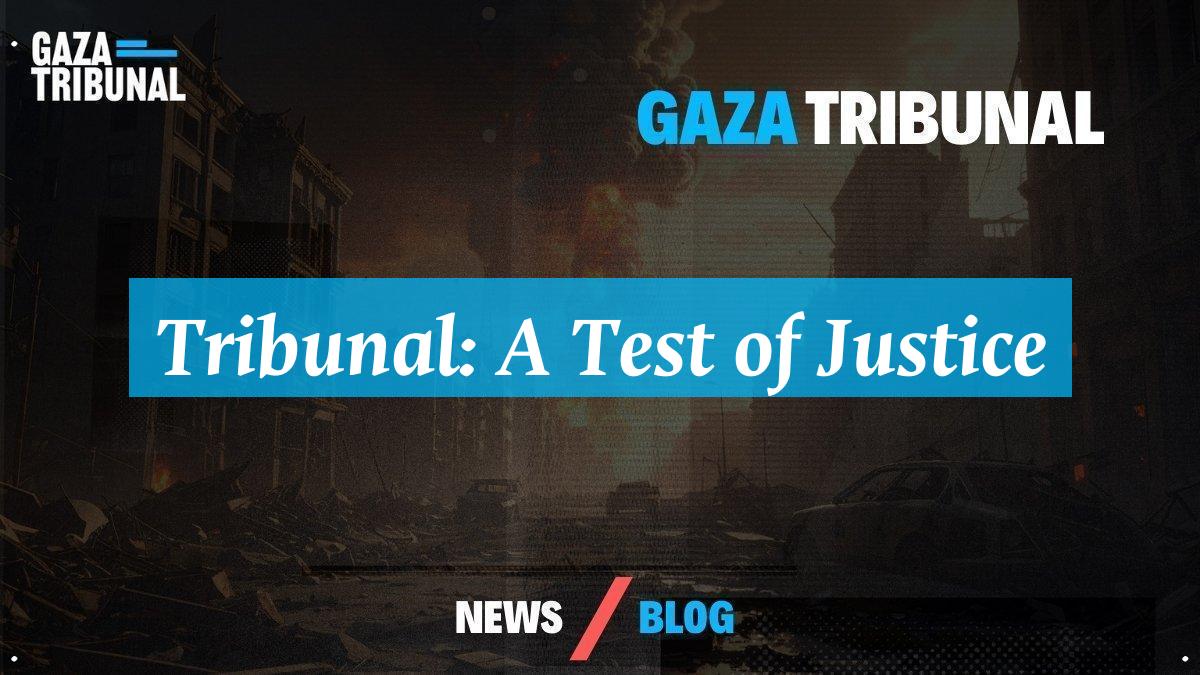In the heart of Gaza, stories of sorrow paint a vivid picture of resilience. The “Gaza Accountability Initiative” resonates deeply, reminding us of the urgent need for recognition. As we explore the life of Muhammad Abu Nada, we encounter a narrative filled with both despair and courage. On an October night, devastation altered his family’s existence forever. When memories of lost loved ones become burdens, one must question: is merely surviving enough? These stories not only demand to be heard but emphasize the critical importance of accountability in a region marked by relentless suffering. For more insights, visit our news section.
Navigating through grief, survivors like Muhammad embody the spirit of perseverance, intertwining heartbreak with humanity. Two years since the tragedy, the silence of loss weighs heavily, intensified by the call for the “Gaza Accountability Initiative.” As the world observes, Muhammad’s voice emerges as a beacon, urging us to confront the harsh realities of war. It surpasses mere statistics; his experiences are a testament to the life that defies erosion. Isn’t it our collective responsibility to acknowledge these injustices? In times of overwhelming despair, the flickers of hope must inspire more profound action—after all, enduring memories and a longing for reunion are threads that weave the fabric of human connection!
The Impact of War on Families

War reshapes lives in unimaginable ways. For many, it severs the bonds of family, leaving behind echoes of laughter and memories turned to dust. In the heart of Gaza, families face this grim reality daily. The trauma of loss can feel insurmountable, as survivors grapple with the weight of their grief. How do you carry on when the very foundation of your life crumbles before your eyes? Each morning, they wake up to a world that feels alien, with shadows of loved ones haunting their thoughts. The very air seems heavy with sorrow, as if the universe itself mourns.
In the aftermath, survivors often become the storytellers. They bear witness to the horrors that unfolded, hoping their voices will resonate beyond borders. Each story carries a piece of their heart, a testament to resilience and strength. Yet, the burden of remembrance can weigh heavily. The need to honor those lost pushes them forward, even when the pain feels unbearable. “The world must know,” they say, and with every word, they breathe life into memories that refuse to fade. Stories become lifelines, connecting them to a shared humanity that transcends the confines of grief.
Life in Exile: A New Reality
Exile presents a complex challenge. For those who leave, the transition is often marked by uncertainty. Muhammad Abu Nada, who sought education, now grapples with a new identity. “I’m not just a student anymore,” he reflects. Instead, he shoulders the responsibility of providing for his family back home, far removed from the life he envisioned. The dreams of study and growth feel distant now, replaced by the urgency of survival. Every day feels like a balancing act, where hope and despair dance together.
In Istanbul, he navigates the city’s bustling streets, but his heart remains tethered to Gaza. Each day, he sends money home, striving to ensure his mother and sister can eat. The struggle to balance his own needs with those of his family creates an emotional tug-of-war. “What if I can’t send enough?” he wonders. The fear of failing his family looms large, a constant reminder that his life is no longer solely his own. Yet, in these moments, he finds small victories. Each dollar sent home symbolizes hope and connection, a thread that binds him to his loved ones.
The Weight of Grief and Responsibility
Grief transforms into a heavy mantle, draped over those left behind. For Muhammad, the loss of his family feels like an anchor, pulling him deeper into despair. “I often wonder if they’re still alive,” he admits, caught in a cycle of hope and dread. This internal conflict shapes his reality, as he tries to reconcile his memories with the harsh truth. The absence of closure amplifies his pain, leaving him yearning for a grave to visit, a place to mourn. Each thought of them feels like a sharp reminder of what once was. For more on these profound matters, check the source here.
As he navigates this emotional landscape, Muhammad often reflects on the future. Will his children carry the weight of this history? “I hope they don’t have to live through this,” he says, a flicker of concern in his eyes. He fears that the cycle of grief may become a family legacy, passed down through generations. Yet, even amidst the sorrow, he finds moments of strength. “I have to keep going,” he reminds himself. “For them, for me.” These thoughts fuel his determination, driving him toward a future where love can conquer loss.
Hope Amidst the Ruins
Despite the overwhelming challenges, a flicker of hope persists. Muhammad often turns to his community, finding solace in shared experiences. “We’re not alone,” he says with conviction. Together, they support each other, weaving a tapestry of resilience that defies the odds. This solidarity becomes a lifeline, reminding them that even in the darkest moments, they can draw strength from one another. It’s in these connections that they find the courage to face each day.
As he continues to share his story, Muhammad inspires others to do the same. “Every voice matters,” he asserts. He urges people to listen, to learn, and to act. “We must honor those who have suffered,” he emphasizes. His journey serves as a testament to the power of storytelling, a reminder that hope can flourish even amidst the ruins. Thank you for taking the time to hear these stories. They matter. They resonate. And they inspire us all to seek justice and healing. Together, we can make a difference! Visit our homepage for more related content.


